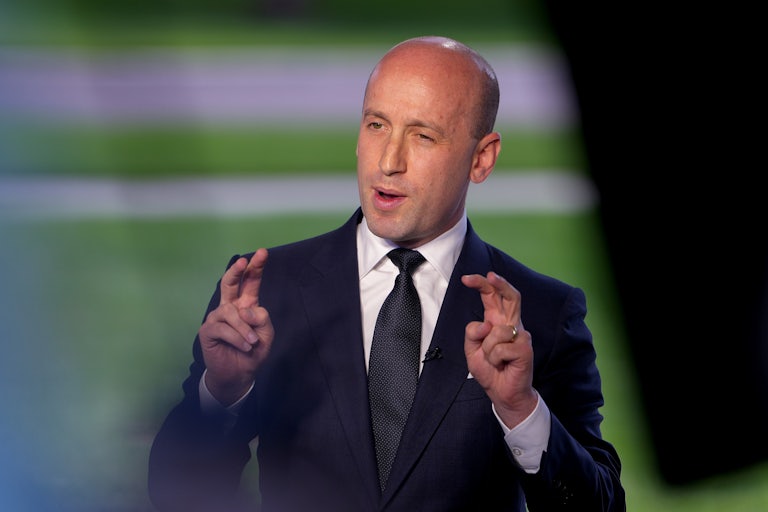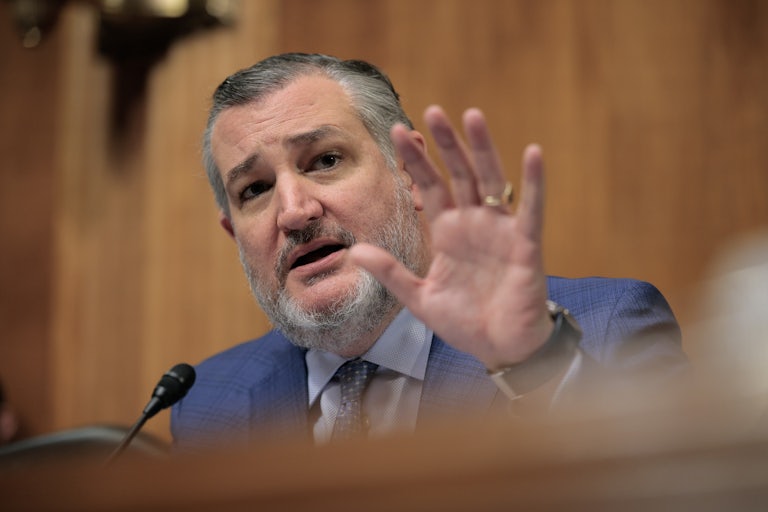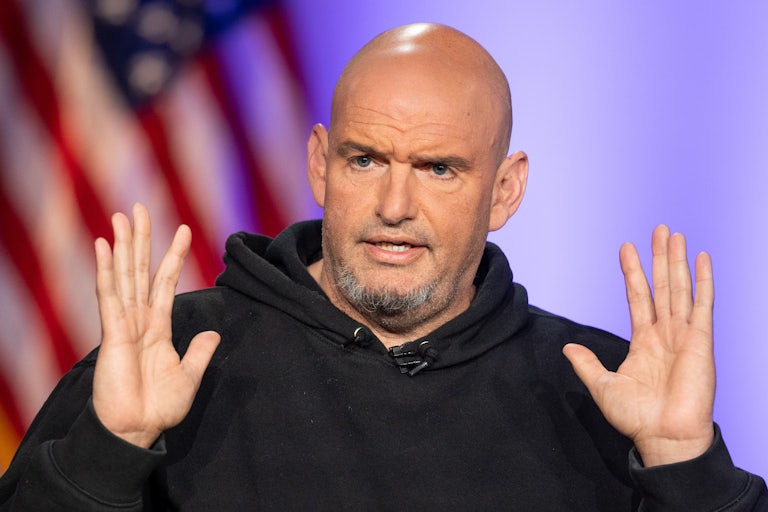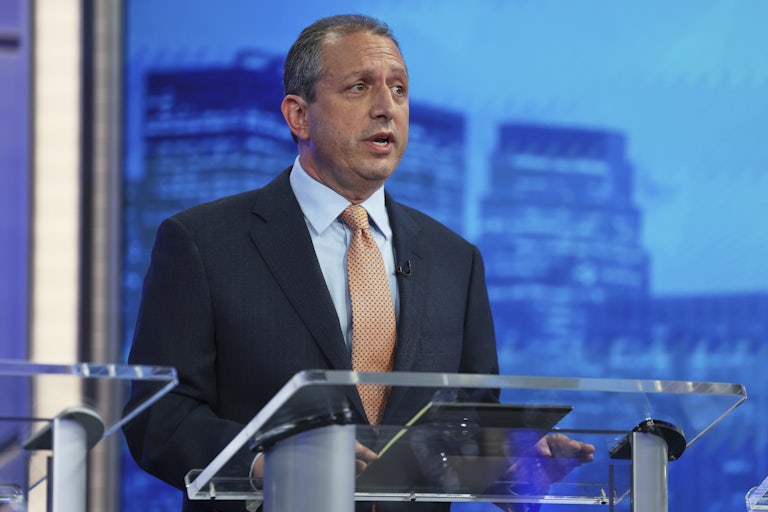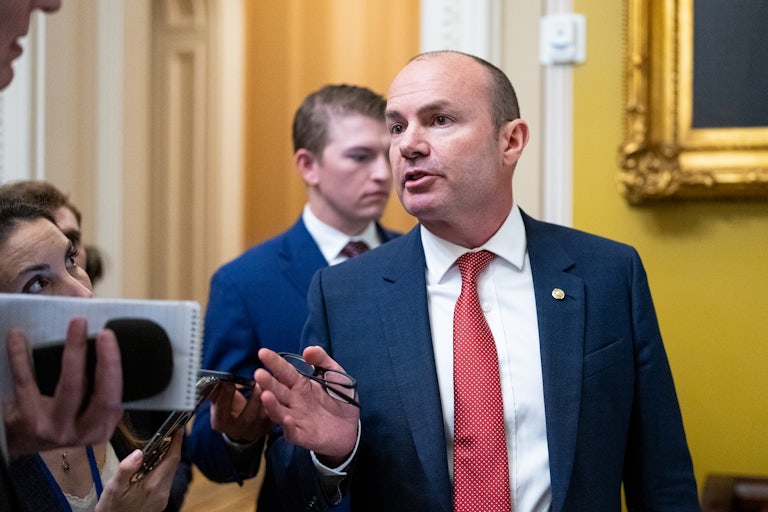Sotomayor Slams SCOTUS for Logic-less Ruling on Gender-Affirming Care
Justice Sonia Sotomayor accused the high court of abandoning “meaningful judicial review” by upholding Tennessee’s ban.
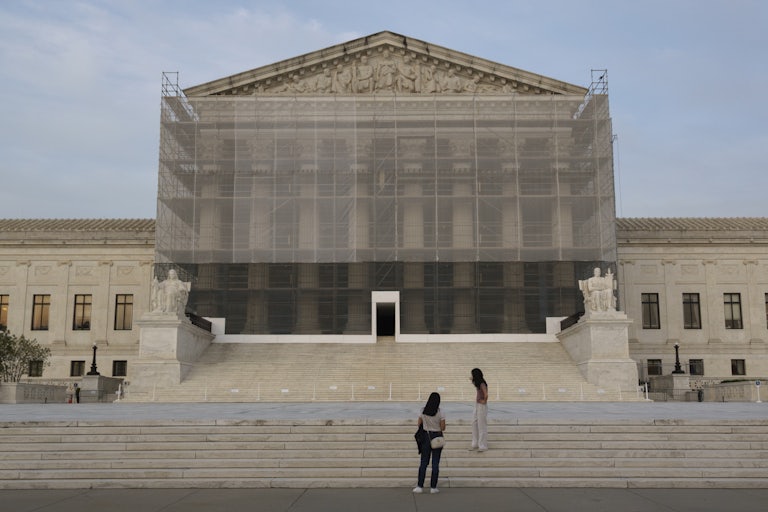
Supreme Court Justice Sonia Sotomayor gave a scathing dissent of the Supreme Court’s decision Wednesday upholding Tennessee’s ban on gender-affirming care for transgender and nonbinary teenagers.
“Tennessee’s ban applies no matter what the minor’s parents and doctors think, with no regard for the severity of the minor’s mental health conditions or the extent to which treatment is medically necessary for an individual child,” Sotomayor wrote of the decision in United States v. Skrmetti, which was 6–3 along ideological lines.
Sotomayor asserted that “intermediate” judicial scrutiny was called for in making any decision where “the rights of ‘discrete and insular minorities’ are at stake.”
“The majority contorts logic and precedent to say otherwise, inexplicably declaring it must uphold Tennessee’s categorical ban on lifesaving medical treatment so long as ‘any reasonably conceivable state of facts’ might justify it,” she wrote.
She added, “Thus, the majority subjects a law that plainly discriminates on the basis of sex to mere rational-basis review. By retreating from meaningful judicial review exactly where it matters most, the Court abandons transgender children and their families to political whims. In sadness, I dissent.”
Tennessee passed its ban on gender-affirming care in 2022, but the law was blocked in court before it could go into effect on July 1 the following year. Presiding Judge Eli Richardson, a Trump appointee, noted at the time that the defendants’ case for banning gender-affirming treatments was based entirely on the testimony of one doctor “who seems never to have treated an individual for gender dysphoria.”
But there is ample evidence, Richardson noted, that gender-affirming care “lowers rates of depression, suicide, and additional mental health issues” faced by trans and nonbinary minors.
In the majority opinion, Chief Justice John Roberts wrote that the equal protections clause did “not resolve” the disagreements over “fierce scientific and policy debates about the safety, efficacy, and propriety of medical treatments in an evolving field.” This decision set a new precedent for reviewing bans and other restrictive laws under the lowest standard of judicial review—meaning such laws will more likely be upheld.
Roberts argued that Tennessee’s ban on hormone blockers to treat so-called “gender dysphoria” did not constitute discrimination, because it would not permit them to be prescribed to any sex for that purpose—which is, of course, still blatant discrimination.
The Supreme Court’s latest decision, which will undoubtedly endanger the lives of transgender and nonbinary people across the country, comes as the Trump administration has announced that it plans to shutter the suicide and crisis hotline specifically for LGBTQ+ youth within the next 30 days.
This story has been updated.
